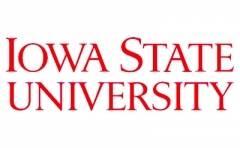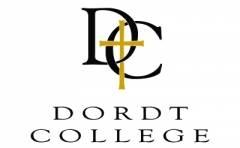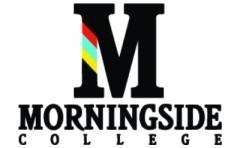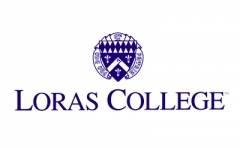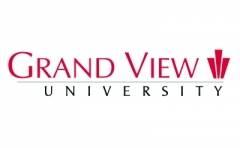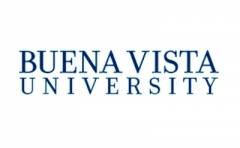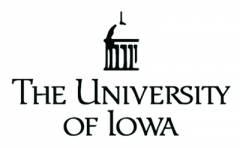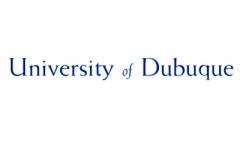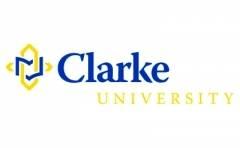Best Education colleges in Iowa 2026
Best Education colleges in Iowa for 2026
Iowa State University offers 4 Education, General degree programs. It's a very large, public, four-year university in a small city. In 2023, 63 Education, General students graduated with students earning 55 Bachelor's degrees, and 8 Doctoral degrees.
Dordt University offers 1 Education, General degree programs. It's a small, private not-for-profit, four-year university in a remote town. In 2023, 3 Education, General students graduated with students earning 3 Bachelor's degrees.
Morningside University offers 3 Education, General degree programs. It's a small, private not-for-profit, four-year university in a small city. In 2023, 46 Education, General students graduated with students earning 45 Master's degrees, and 1 Bachelor's degree.
Loras College offers 1 Education, General degree programs. It's a small, private not-for-profit, four-year university in a small city. In 2023, 1 Education, General students graduated with students earning 1 Bachelor's degree.
Grand View University offers 2 Education, General degree programs. It's a small, private not-for-profit, four-year university in a midsize city. In 2023, 14 Education, General students graduated with students earning 14 Master's degrees.
Buena Vista University offers 3 Education, General degree programs. It's a small, private not-for-profit, four-year university in a remote town. In 2023, 12 Education, General students graduated with students earning 10 Bachelor's degrees, and 2 Master's degrees.
University of Iowa offers 2 Education, General degree programs. It's a very large, public, four-year university in a small city. In 2023, 27 Education, General students graduated with students earning 27 Master's degrees.
University of Dubuque offers 1 Education, General degree programs. It's a small, private not-for-profit, four-year university in a small city.
Clarke University offers 2 Education, General degree programs. It's a small, private not-for-profit, four-year university in a small city. In 2023, 6 Education, General students graduated with students earning 6 Master's degrees.
Briar Cliff University offers 2 Education, General degree programs. It's a very small, private not-for-profit, four-year university in a small city.
List of all Education colleges in Iowa
| School | Average Tuition | Student Teacher Ratio | Enrolled Students | |
|---|---|---|---|---|

|
University of Northern Iowa Cedar Falls, IA | 22 : 1 | 9,013 | |

|
Iowa State University Ames, IA | 21 : 1 | 30,177 | |

|
Dordt University Sioux Center, IA | 20 : 1 | 1,929 | |

|
Morningside University Sioux City, IA | 30 : 1 | 2,158 | |

|
Loras College Dubuque, IA | 14 : 1 | 1,213 | |

